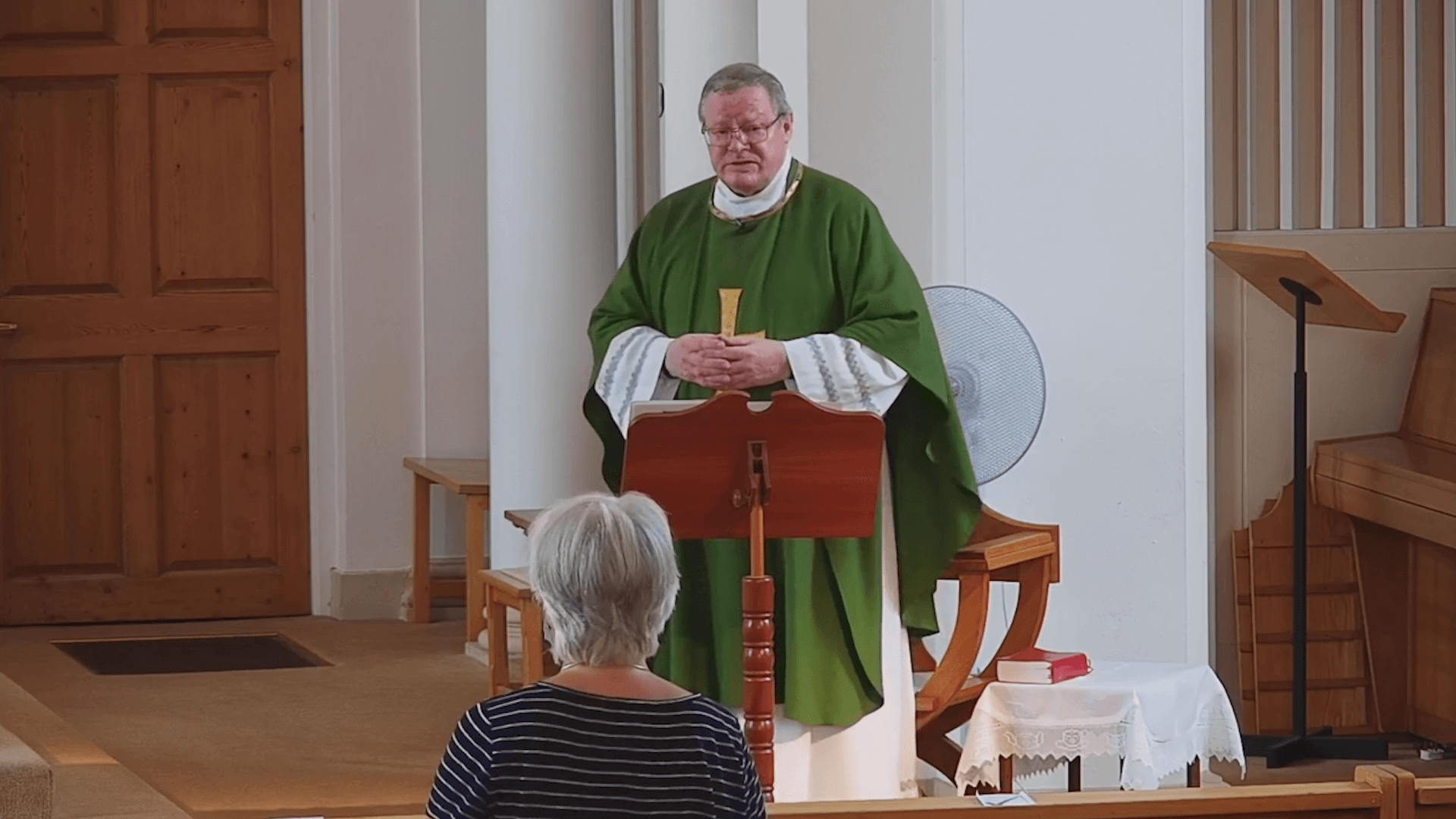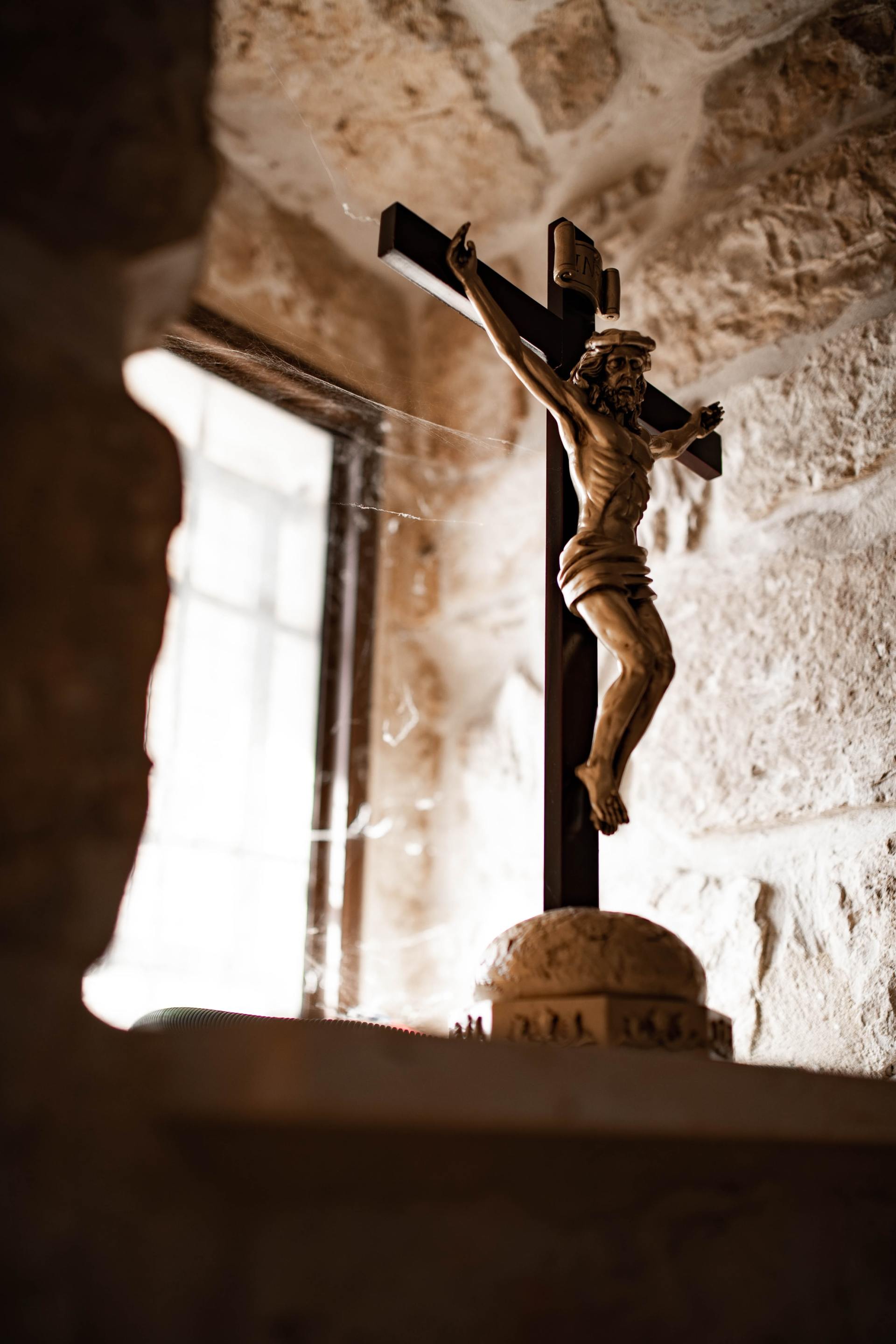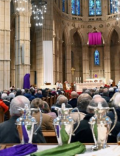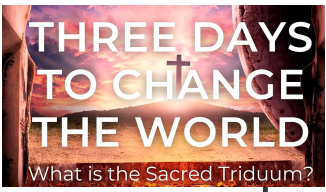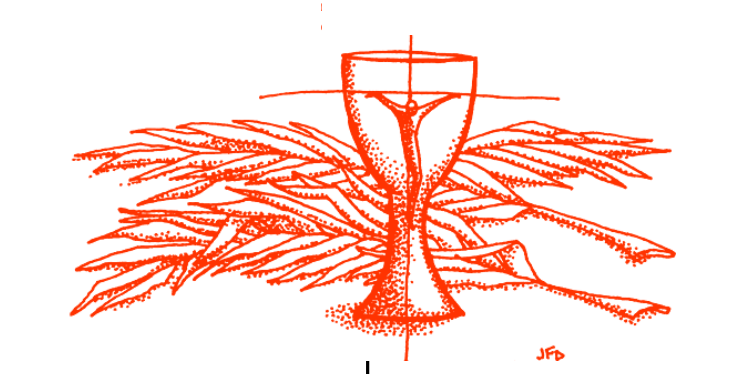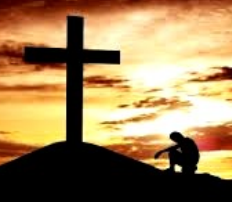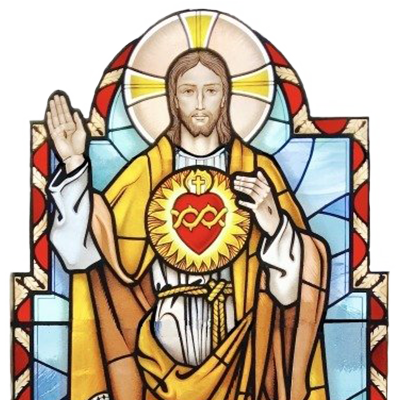Sunday 14th November 2021
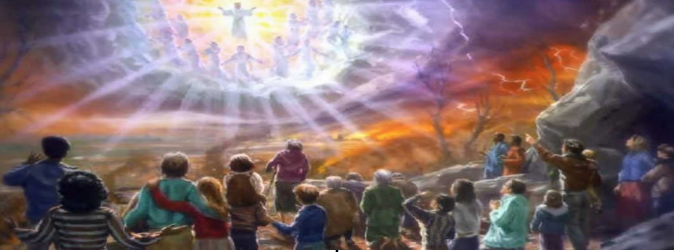
When Jesus outlines the apocalyptic scenario found in the Gospel of Mark, he warns, “But of that day or hour, no one knows, either the angels in heaven, nor the Sin, but only the Father.” Patristic discussion of this verse focused on what this admission indicated about Jesus’ divinity and the relationship between Jesus’ divine and human knowledge, but in context the intent of this saying points to the need for vigilance and perseverance regarding the coming end, since no one knows when it will occurs.
But Jesus also tells us in Mark that “this generation will not pass away until all these things have taken place.” The sense of immanence here is profound, though later Christians would argue whether Jesus meant the generation of his disciples or the generation of all human beings, while others discussed whether “all these things” referred to Jesus’ death and resurrection, the destruction of Jerusalem, or “the Son of Man coming in the clouds with great power and glory,” which is the clearest meaning. The themes of imminent preparation for the end, the eschaton, and the fact that no one knows when the end will occur, therefore, have been joined in Christianity from the earliest days, maintaining a tension between what has been accomplished (realised eschatology) and what is still to come (future eschatology).
Whether we understand, or believe we understand, much about the last things - not only when these things will occur but what sort of process we go through in death; what the interim period between our death and the resurrection is like, the process of purgatory; what the heavenly life is like, whether it takes place on a renewed earth or in a heavenly, otherworldly domain - these mysteries will in many ways remain mysteries on this side of death and appear to us as vague and incomplete.
We have the assurances of revelation, however, that there is a world to come and that it may come in fullness at any time. In an odd way, though, the dramatic and mythic apocalyptic scenarios of the coming end can be distractions from the realities to which they point: death, judgement, heaven, and hell - the four last things. How? Calculating the end times and whether the apocalypse will play out now or then, in this way or that, can draw us away from preparation for our own end. For death is coming for each of us, whether we will confront it in our own personal eschaton or it the cosmic apocalyptic drama as described in the Gospel of Mark. Even if ‘the end’ does not occur in our lifetime, and even if another group of end-time prophets falsely calculate Jesus’ return and offer precise dates that do not come to pass, we will still come to our end. How are we preparing for it?
